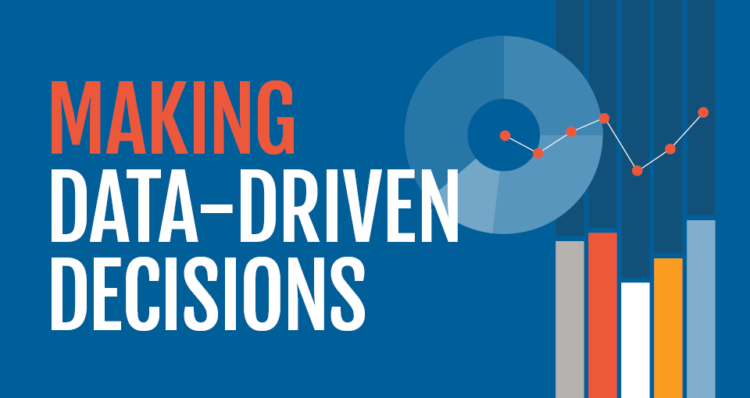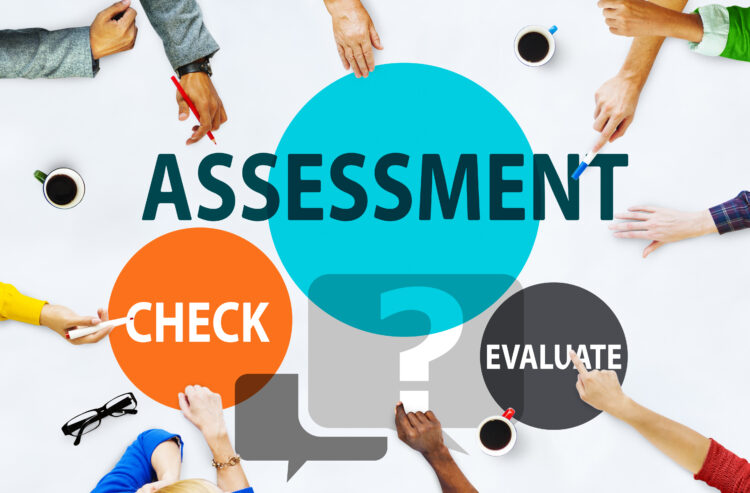In today’s data-driven world, educators are constantly looking for ways to make informed decisions that enhance student learning and improve teaching strategies. One of the most powerful tools available to them is assessment analytics. By leveraging data from student assessments, educators can gain valuable insights into individual progress, identify trends, and make data-backed decisions that directly impact student outcomes. The rise of digital learning platforms has made it easier than ever to collect and analyse this data, ultimately empowering educators to drive better learning experiences.
Page Contents
The Power of Assessment Analytics

Source: gtc.co.za
Assessment analytics involves the process of collecting, analysing, and interpreting data from student assessments to inform educational decisions. This data can include a wide range of information, from test scores and grades to more nuanced metrics, such as student engagement and learning gaps. With the right tools, educators can break down this data to uncover trends and patterns that would otherwise go unnoticed.
For example, teachers can use assessment data to identify which students are excelling and which may need additional support. This allows for targeted interventions, personalised learning plans, and better overall classroom management. In the past, educators had to rely on anecdotal evidence and manual grading, which could be time-consuming and prone to error. Now, with robust online assessment platforms, educators can quickly and efficiently analyse large volumes of data in real time.
Unlocking Insights with Digital Assessment Platforms
In a traditional classroom setting, assessments were often limited to paper-based tests and written reports, making it difficult to gain a complete view of a student’s progress. Digital assessment platforms have transformed this process, providing educators with instant access to comprehensive data. Tools that allow for detailed analytics, like Janison Insights, can help educators track performance over time, identify specific learning needs, and even benchmark results against regional or national standards.
Using advanced analytics, teachers can break down student performance across various dimensions, such as cognitive skills, knowledge retention, and overall understanding. This kind of in-depth analysis enables educators to create a more accurate and well-rounded view of each student’s strengths and weaknesses, giving them the ability to adjust their teaching methods accordingly.
Data-Driven Decision Making in Education

Source: gsineducation.com
One of the key advantages of actionable assessment analytics is its ability to inform decision-making. With data in hand, educators can make more informed choices about curriculum design, teaching strategies, and student interventions. For example, if data shows that a particular group of students is struggling with a specific concept, teachers can shift their focus and adjust lessons to address those gaps.
In addition, educational institutions can use assessment data to evaluate the effectiveness of their teaching programmes. By tracking performance trends over multiple years, schools can determine which teaching strategies are working and which need improvement. This feedback loop ensures that schools are continuously improving and evolving based on evidence and outcomes.
Personalising the Learning Experience
Every student learns differently, and a one-size-fits-all approach to education is no longer effective. Assessment analytics provides the data necessary to create personalised learning experiences that cater to the unique needs of each student. With detailed analytics, educators can identify areas where students are struggling and provide additional resources or interventions to help them succeed.
For example, if a student is falling behind in a particular subject, teachers can use data to identify patterns in their work and determine whether the issue is related to understanding key concepts, learning styles, or external factors such as time management. This allows educators to provide targeted support that can help students overcome their challenges and achieve their full potential.
The Future of Assessment Analytics in Education
As technology continues to evolve, the potential of assessment analytics in education will only grow. The integration of artificial intelligence (AI) and machine learning into assessment platforms will further enhance the ability of educators to analyse data and predict student outcomes. These technologies can offer even more personalised learning experiences, identify at-risk students before they fall behind, and provide real-time insights that lead to immediate action.
Moreover, the use of online assessments and analytics allows for greater flexibility in the learning environment. Educators can track student progress across various platforms, from in-class tests to online learning modules, ensuring that no aspect of a student’s learning journey is left untracked. This comprehensive approach will help create a more holistic and dynamic educational experience for both students and teachers.
Transforming Teaching And Learning Approach

Source: apperson.com
Assessment analytics is transforming the way educators approach teaching and learning. By utilising advanced data analytics tools, educators can unlock valuable insights that inform decision-making, personalise learning, and drive better outcomes for students. The ability to make data-driven decisions is empowering educators to be more effective and efficient in their teaching, ensuring that every student has the opportunity to succeed. As the role of technology in education continues to grow, the power of assessment analytics will play a central role in shaping the future of education.




